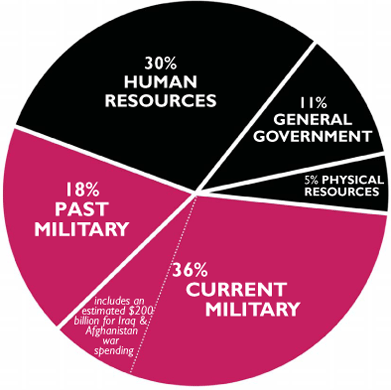Talismen
Lady Templar & Kafir
I have to disagree there.1. Entitlements....
It seems to me that entitlements are like contracts. They must be enforced for folks who are currently receiving benefits. We've made promises, and individuals have made their contracts/commitments based on same....children in college, mortgages, car payments.
Changes should be made, but only for future recipients. And lag time for the changes should five to ten years.
There is rampant abuse within most entitlement programs. People who utterly refuse to get a job, because it is easier to sit back and let the government check roll in. Whether that 'check' is subsidized rent, help with food or utilities, etc etc. Here in Iowa, we literally have generational-welfare families that enroll their youngest 'welfare prospects' as soon as they can legally do so, and then they sit back and let everyone else pay their way.
Does this post apply to Social Security and Medicare?
These are the 'entitlements' that I was refering to.
It might as well apply to all of them, but no, not specifically to those two.
Fred Thompson was the ONLY candidate in '08 that wanted to tackle SS reform.
But, those who are more concerned with their candidate having 'flash' rather than being of sound political mind, didn't care to follow his lead.
They followed the media's candidate -- McCain.


